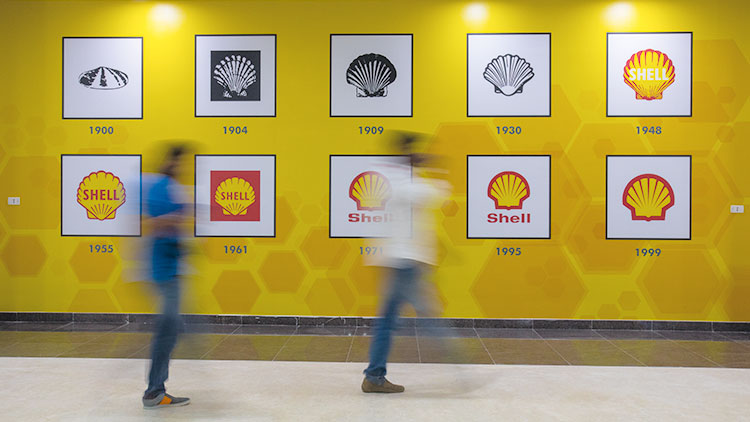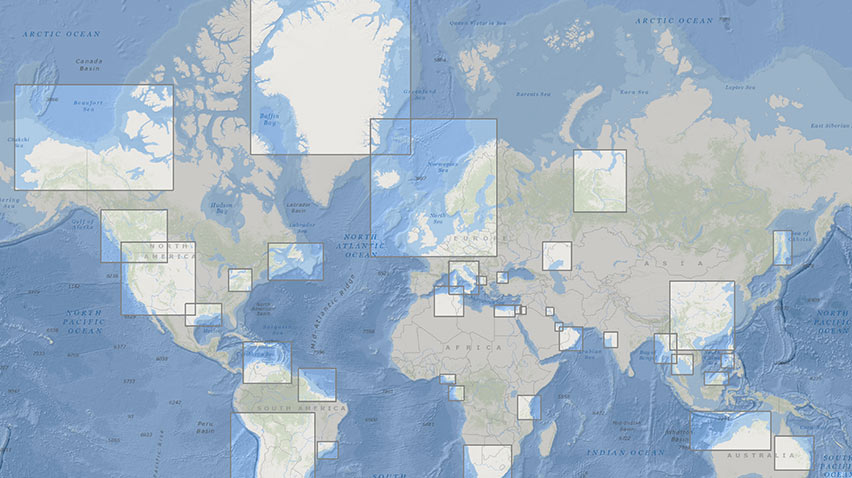Corporate segment
Corporate segment overview
office closures in 2016/2017
The Corporate segment covers the non-operating activities supporting Shell. It comprises our holdings and treasury organisation, our self-insurance activities and our headquarters and central functions. All finance income and expense as well as related taxes are included in the Corporate segment earnings, rather than in the earnings of the business segments.
Treasury
The holdings and treasury organisation manages many of the Corporate entities and is the point of contact between Shell and the external capital markets. Its daily operations include liquidity and foreign exchange management, advising and financing subsidiaries and joint ventures, investing surplus funds and managing Shell’s bank account infrastructure.
The treasury organisation maintains Shell’s credit ratings and debt platforms, issues short- and long-term capital-market instruments and executes the Royal Dutch Shell dividend, scrip and share buyback programmes.
Risk and insurance
We use robust methodologies and processes to assess, mitigate and manage risk in order to drive down our total cost. This includes the valuation of risk so that it can be properly taken into account in decision-making. Risk and Insurance also requires the causes of losses to be analysed and understood so that losses can be reduced in the future. To support this, our insurable risks are mainly aggregated and retained within insurance subsidiaries, which means that we self-insure most of our risk exposure.
The insurance subsidiaries form a key part of our approach to risk management. They provide insurance coverage to Shell entities, up to $1.65 billion per event and usually limited to Shell’s percentage interest in the relevant entity. We seek to ensure that the capital held to support the self-insurance obligations is at a level at least equivalent to what would be held in the third-party insurance market.
Headquarters and central functions

Wall at the new technology hub in Bangalore showing the evolution of the Shell Pecten.
Headquarters and central functions provide services to the businesses (Upstream, Integrated Gas and Downstream) as well as other functions. They also provide support for Shell’s shareholder-related activities. The services they provide cover the areas of finance, human resources, legal advice, information technology, real estate, communications, health, security and government relations.
The central functions have been increasingly supported by business service centres located around the world. These centres process transactions, manage data and produce statutory reports, among other services.
The majority of the headquarters and central function costs are recovered from the business segments. Those costs that are not recovered are retained in Corporate.
